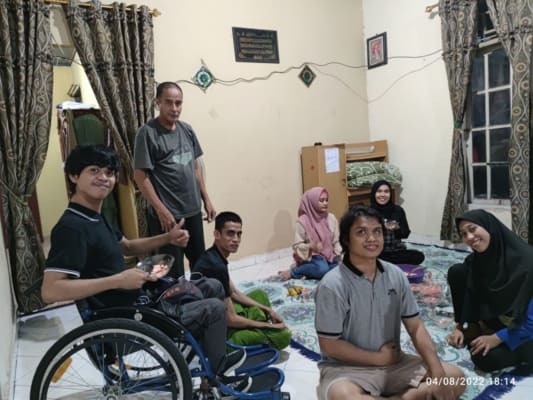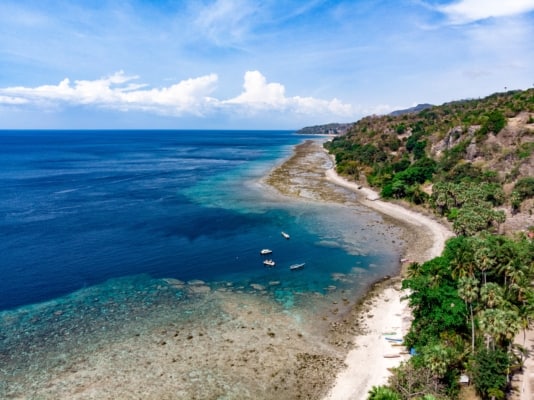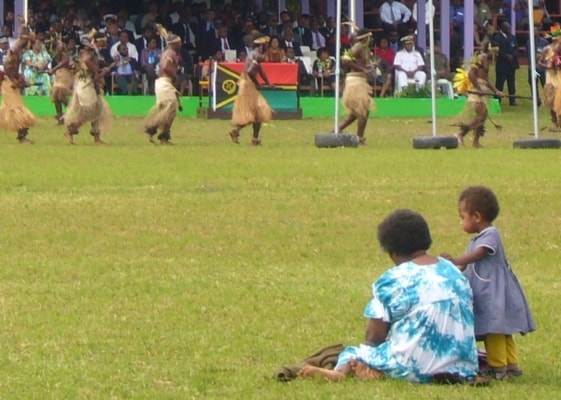Understanding the leadership journeys of persons with disabilities in Indonesia is important to understanding how they come to lead themselves and others. This paper asks how disability leaders’ (positive and negative) experiences with family, in schools, and in discovering the disability community shape their lives and motivation to lead. Drawing on in-depth interviews with 55 disability leaders (26 women and 29 men) from rural and urban areas across Indonesia, it explores self-worth, pride, discrimination, sense of solidarity and recommended policy and political action.
Key Findings
Becoming a leader is a process, involving opportunities throughout life to build skills, knowledge and confidence and to develop relationships and networks. Disability leaders understand leadership as being about empowering others, leading from a place of authenticity, bringing people together, working with others and shifting perspectives. Personal understanding of the challenges that persons with disability face motivate these leaders.
Collective approaches to change are needed to address the collective problem of persons with disabilities’ marginization and exclusion. It is important to build the skills and capabilities of individual leaders, but it is also important to consider group skills and capabilities.
Implications
Support for persons with disabilities from donors and other actors should focus on developing capacities inherent in everyone rather than simply identifying individuals with perceived leadership capacity. In order to support the leadership of persons with disabilities, consistent, long-term funding and network-building opportunities need to be provided for Organisations of Persons with Disabilities (OPDs). Persons with disabilities need opportunities to learn by doing, learn from mentors, build relationships, develop their understanding of the social model of disability and develop self-worth and self-efficacy.
Read the Bahasa translation of the executive summary or for more detail, read the full report (in English and Bahasa).



















